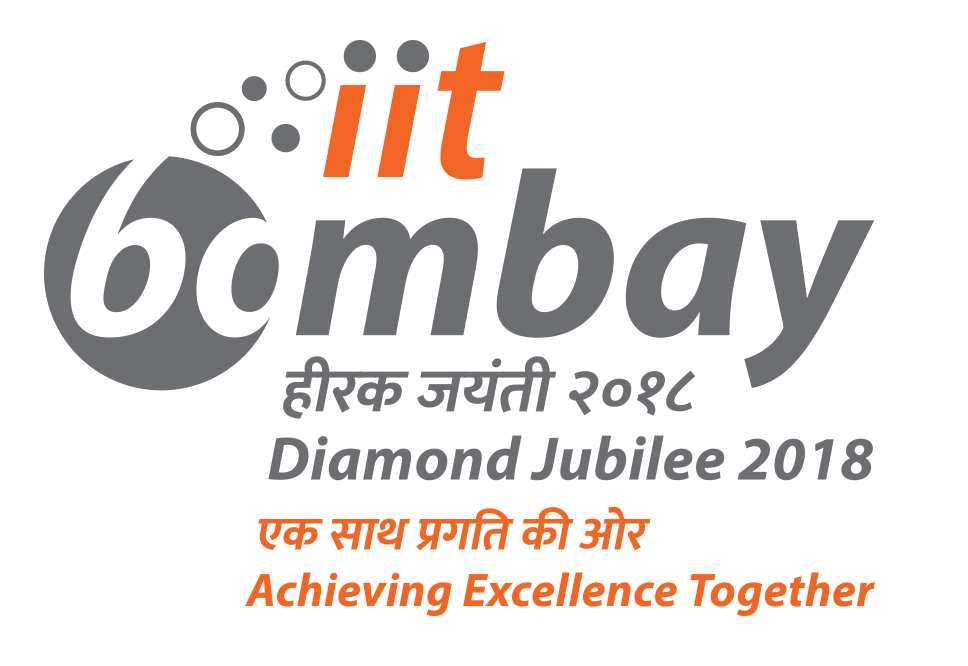Speaker:Dr. Inderjeet Kumar, Department of Physics, IIT Guwahati.
Title:Pulsed Laser Deposition and Characterization of Diamond-like Carbon and Graphitic Thin Films and Graphene
Abstract:
Pulsed laser deposition technique offers the fabrication of a wide range of carbon thin films by selecting the appropriate deposition parameters. It was observed that the low substrate temperature favored the formation of carbon film dominated by sp3 bonding while the film deposited at higher temperature, 700 °C and above, exhibited the graphitic nature. The variation in sp3 fraction of the DLC thin films was more pronounced as a function of helium pressure as compared to that of laser fluence. The higher pressure of helium gas was also observed to favor the structural ordering of graphitic thin films. For structural characterization of carbon materials, Raman spectroscopy is one of the most powerful techniques. The intensity of the excitation laser source while recording the Raman spectra of DLC films plays a crucial role in the correct measurement of film quality as low intensity results in poor signal to noise ratio whereas higher intensity changes the film structure of DLC film from diamond-like to graphite-like. It was observed that the spectra were drastically modified above the laser intensity of 114 kW/cm2, indicating the structural change in the DLC film. Graphene layers were also fabricated via PLD technique without using any catalyst in single step. The shape of 2D band of Raman spectra showed the signature of multilayer graphene at RT and few-layer graphene at the substrate temperature of 700 °C. The π-bonds associated to sp2 bonding in DLC and graphitic thin films possess the nonlinear optical behavior. To study the optical nonlinearity in DLC and graphitic thin films, conventional Z-scan setup was modified by replacing the photodiode detector with the CCD camera. The modified setup offers the advantage of obtaining the open aperture and closed aperture Z-scan data in a single scan.
Title: Pulsed Laser Deposition and Characterization of Diamond-like Carbon and Graphitic Thin Films and Graphene
Event Date:
Thursday, 16 March 2017 - 11:30am to 12:30pm
Venue:
Room 202, Physics Department
IIT Bombay, Powai, Mumbai

